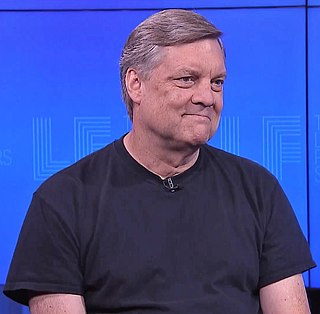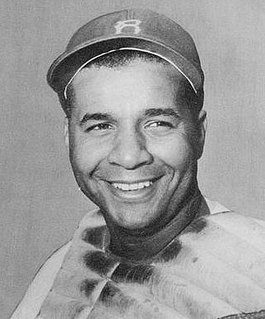A Quote by Cormac McCarthy
How does a man decide in what order to abandon his life?
Related Quotes
The faithful man perceives nothing less than opportunity in difficulties. Flowing through his spine, faith and courage work together: Such a man does not fear losing his life, thus he will risk losing it at times in order to empower it. By this he actually values his life more than the man who fears losing his life. It is much like leaping from a window in order to avoid a fire yet in that most crucial moment knowing that God will appear to catch you.
A spiritual man should be a normal man, a sound man. God Himself is normal; He is not insane. In order to reach God, a spiritual person has to be divinely practical in his day-to-day activities. Spirituality does not negate the outer life. But we have to know that the outer life does not mean the animal life. The outer life should be the manifestation of the divine life within us.
The question that faces every man born into this world is not what should be his purpose, which he should set about to achieve, but just what to do with life? The answer, that he should order his life so that he can find the greatest happiness in it, is more a practical question, similar to that of how a man should spend his weekend, then a metaphysical proposition as to what is the mystic purpose of his life in the scheme of the universe.
Does a soldier go to war in order to kill the enemy? no, he goes in order to die for his country. Does a wife want to show her husband how happy she is? no, she wants him to see how she suffers in order to make him happy Does the husband go to work thinking he will find personal fulfillment there? no, he is giving his sweat and tears for the good of the family And so it goes on: sons give up their dreams to please their parents, parents give up their lives in order to please their children; pain and suffering are used to justify the one thing that should bring only LOVE.
'Greater love has no man than this that a man lay down his life for his friends' (Jn. 15:13). In truth if someone hears an evil saying, that is, one which harms him, and in his turn, he wants to repeat it, he must fight in order not to say it. Or if someone is taken advantage of and he bears it, without retaliation at all, then he is giving his life for his neighbor.
It is God's earth out of which man is taken. From it he has his body. His body belongs to his essential being. Man's body is not his prison, his shell his exterior, but man himself. Man does not "have" a body; he does not "have" a soul; rather he "is" body and soul. Man in the beginning is really his body. He is one. He is his body, as Christ is completely his body, as the Church is the body of Christ
He who does not meditate acts as one who never looks into the mirror and so does not bother to put himself in order, since he can be dirty without knowing it. The person who meditates and turns his thoughts to God who is the mirror of the soul, seeks to know his defects and tries to correct them, moderates himself in his impulses and puts his conscience in order.





































